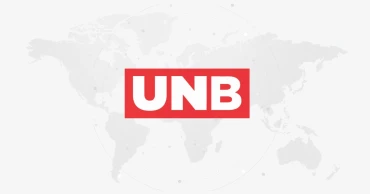World Bank loan to bolster Bangladesh's economic growth
World Bank loan to bolster Bangladesh's economic growth
Bangladesh and the World Bank have signed a $250 million financing agreement to support the country’s reform efforts to sustain growth following the pandemic and to enhance resilience to future shocks, including climate change.
The Bangladesh First Recovery and Resilience Development Policy Credit — the first in a series of two credits — will help Bangladesh build a stronger fiscal and financial sector to sustain growth, the World Bank said in a release.
The credit is from the World Bank’s International Development Association (IDA), which provides concessional financing, has a 30-year term, including a five-year grace period.
It will help streamline the bank recovery framework with all scheduled banks to update recovery plans annually.
Read: Deal signed with World Bank for $250 million towards post-pandemic recovery
The programme supports the legislative framework on payments, which will contribute to a more efficient financial system.
The programme supports adjustments to the interest rates of public savings instruments such as the National Savings Certificate.
Mercy Tembon, World Bank Country Director for Bangladesh and Bhutan, said that Bangladesh has made a robust economic recovery from the pandemic.
“This programme will further support the government’s policies to make the economy more resilient and competitive as Bangladesh strives to become an upper-middle income country by 2031.”
The cancellation of 8,451 MW of investments in coal-fired electricity generation projects will accelerate the country’s transition to decarbonisation and a green economy.
The revised National Building Code will help the country reduce greenhouse gas emissions by improving energy efficiency in buildings.
Read: World Bank projects Ukraine's economy to shrink by 45 pct this year
The programme will support the National Tariff Policy to modernise taxes and foster a globally competitive export industry. It will help to better leverage digital technologies and enable non-resident firms to submit VAT returns, according to the World Bank.
The increased coverage of the electronic government (e-GP) system will improve efficiency of public procurement.
It will also support the coverage, speed, and efficiency of social protection programmes to help the government rapidly respond to extreme climate events such as floods and cyclones.
By using the government-to-person payment platform for cash transfers, the government can identify new and existing beneficiaries for emergency assistance while also capturing gender-disaggregated payment data.
3 years ago

